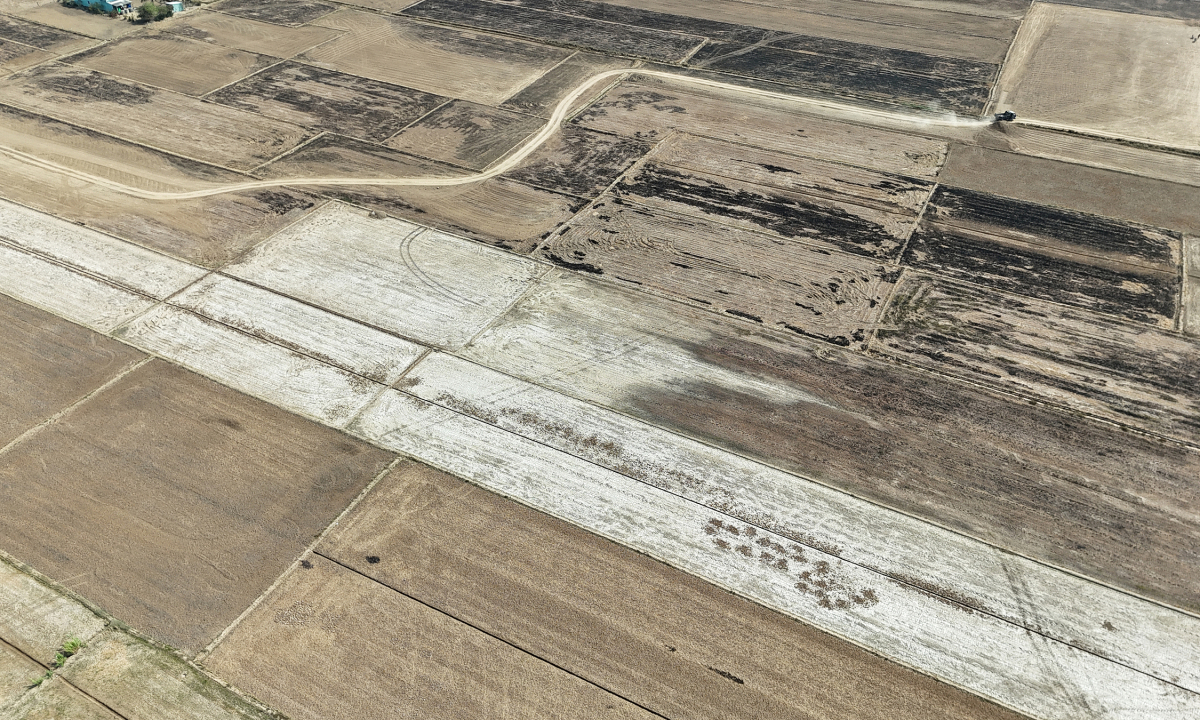In Southeast Asia, climate experts are predicting that extreme heat will return and last longer. The sweltering heat is impacting the areas most vulnerable to climate change. In Malaysia, at least two heat-related deaths were recorded, including a 22-year-old man and a 3-year-old boy who both died from heat stroke. Authorities in Sabah reported nearly 300 fires breaking out in farms, plantations, and forests due to climate change.
In Vietnam, heat caused severe drought in the south, pushing temperatures up to nearly 40 degrees Celsius and causing heavy damage to agriculture. Vietnam declared a state of emergency after unusually high temperatures left fields dry. In the Philippines, hundreds of schools had to close after temperatures rose above 42 degrees Celsius.
In Singapore, some schools are requiring students to wear cool clothes due to persistently high temperatures. Schools in the Philippines, including the capital Manila, are also taking similar measures. Thailand has been particularly hard hit, with temperatures continuously breaking records for 13 months. Experts warn that the region needs to prepare for intense sunlight throughout April and May.
The current heat wave is attributed to a combination of factors including human-caused climate change and the El Nino phenomenon. Experts from the Swiss climate research organization IQ Air note that this has led to unprecedented high temperatures in the region. The prolonged duration of the heat wave is particularly concerning, as extreme heat becomes more common globally.
As governments continue their efforts to mitigate climate change impacts on their populations and economies, individuals can also play a role by reducing their carbon footprint through sustainable practices such as using public transportation or driving electric vehicles instead of gasoline cars; consuming locally grown food products; supporting renewable energy sources like solar panels or wind turbines; recycling waste materials; and reducing water usage through efficient irrigation systems or water conservation practices.
Overall, it’s crucial for everyone involved in addressing climate change – from policymakers to individual citizens –


